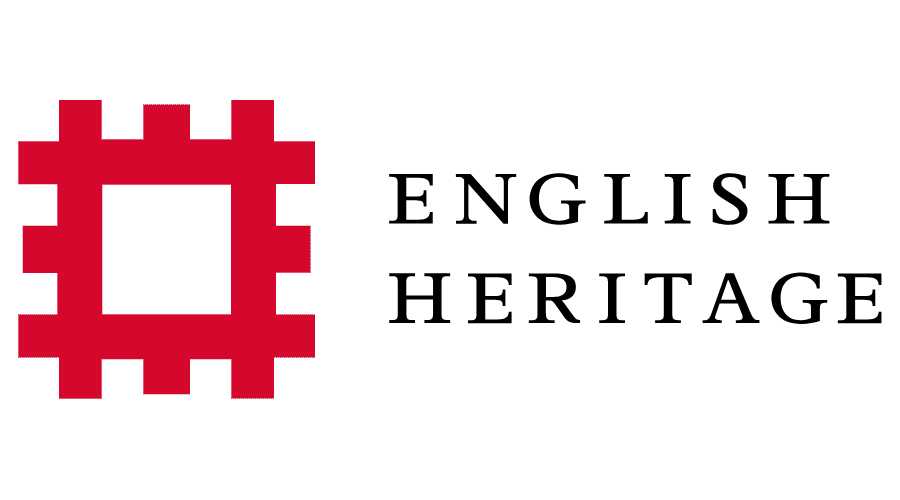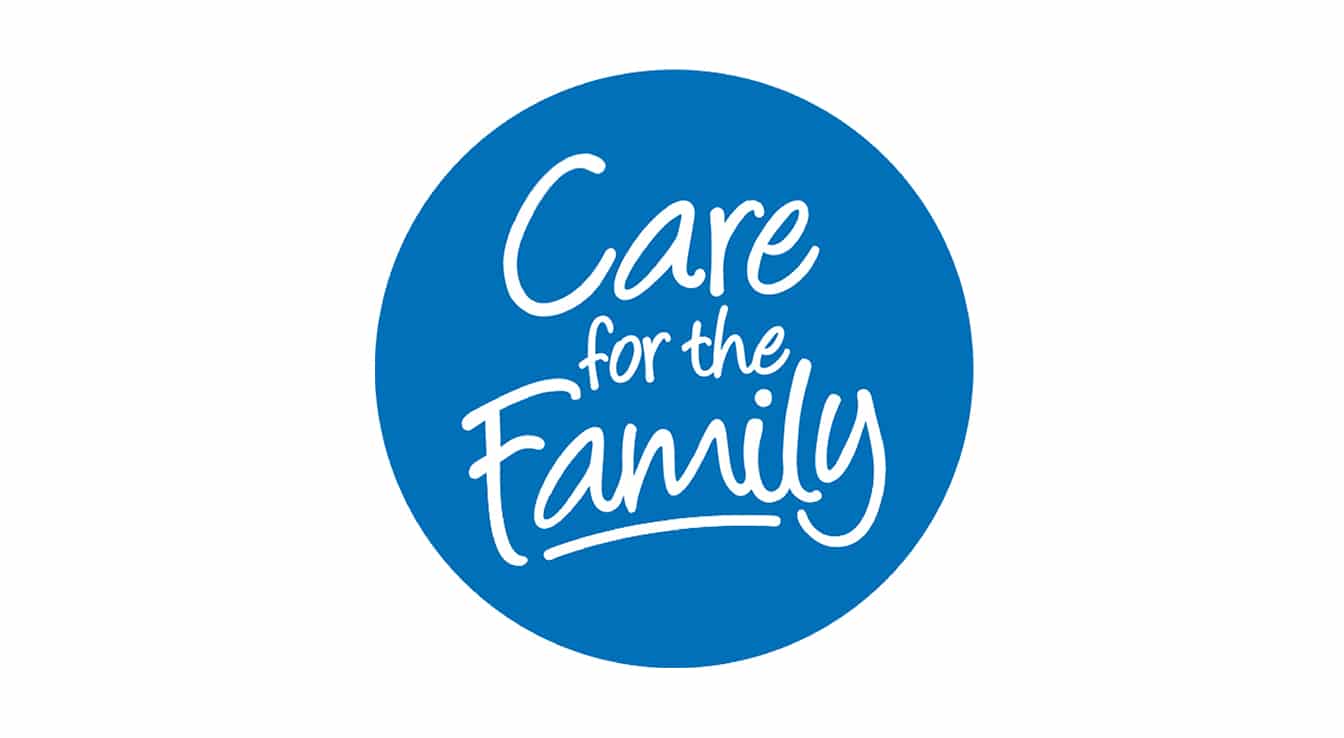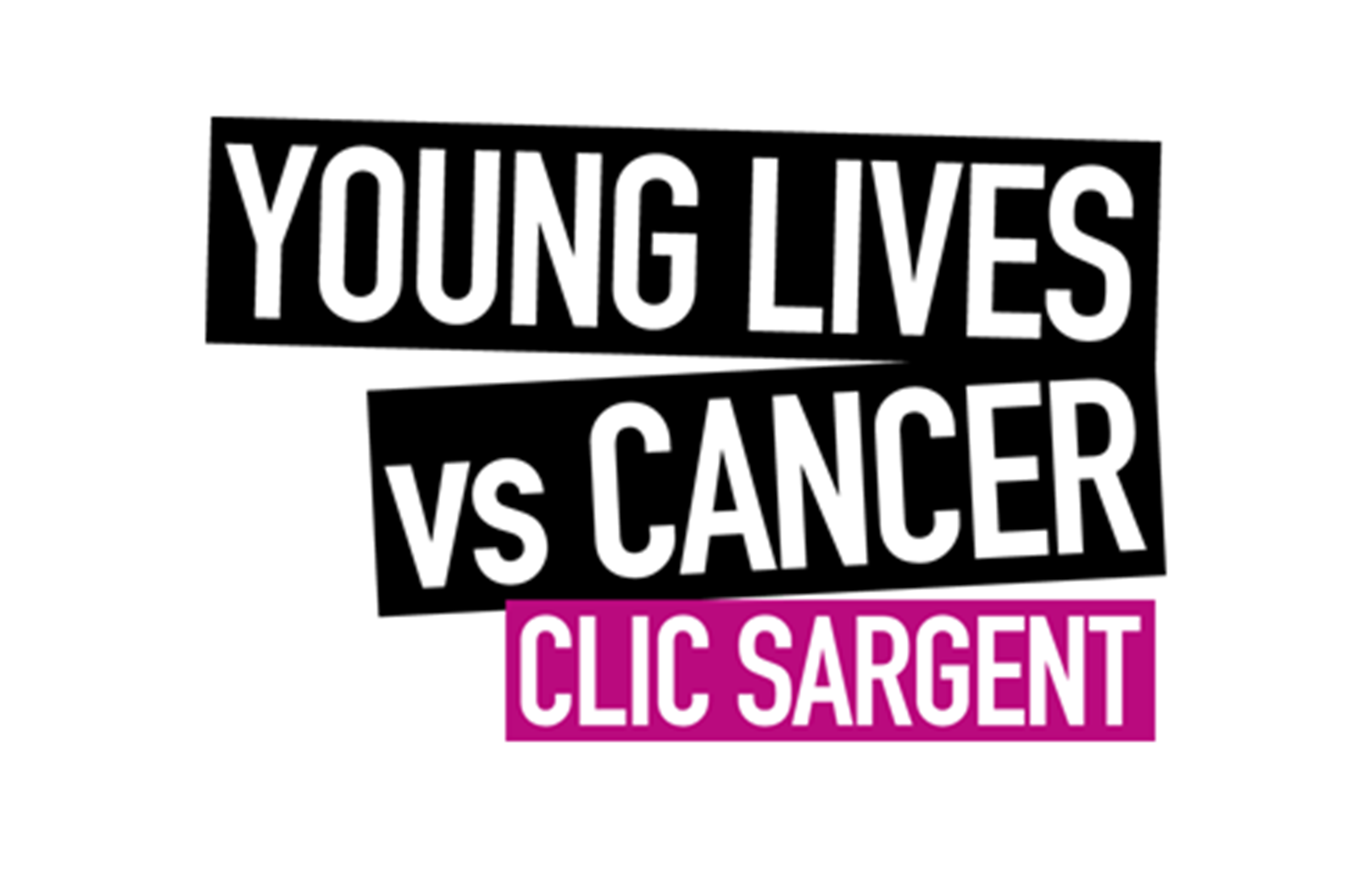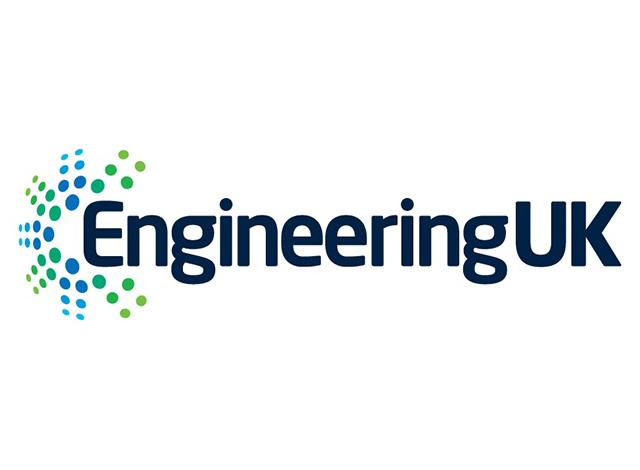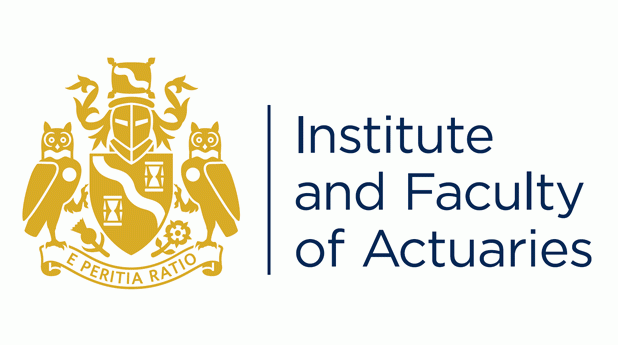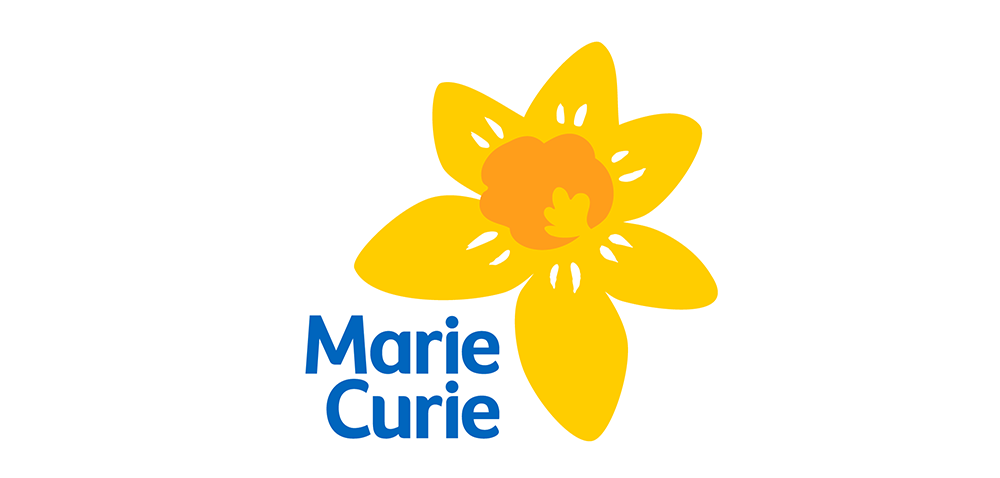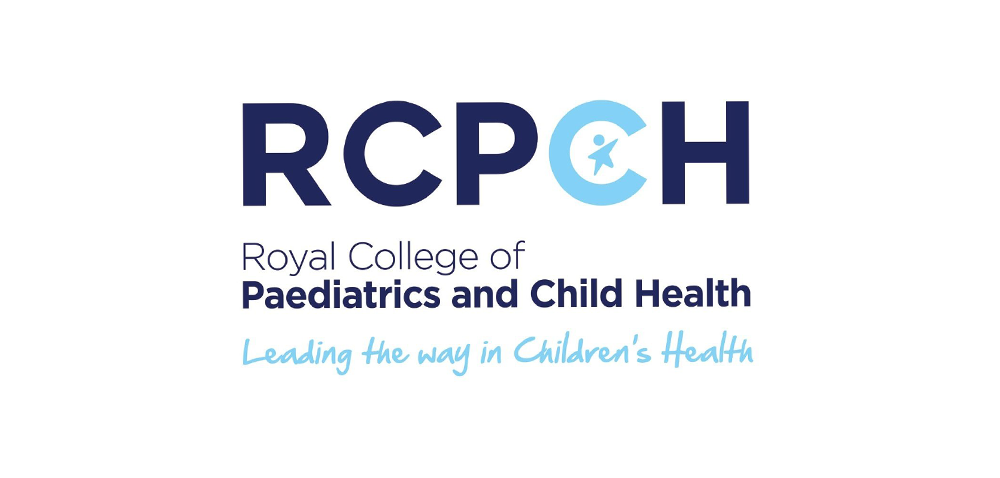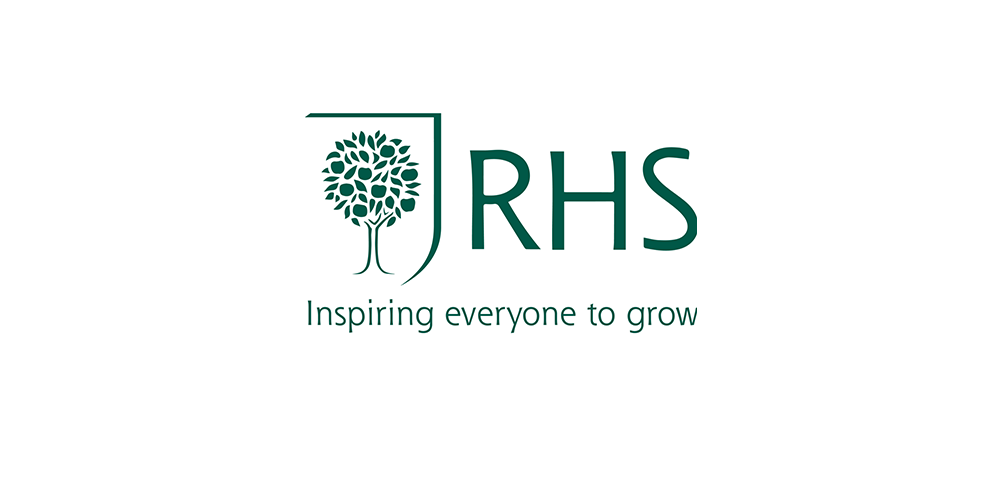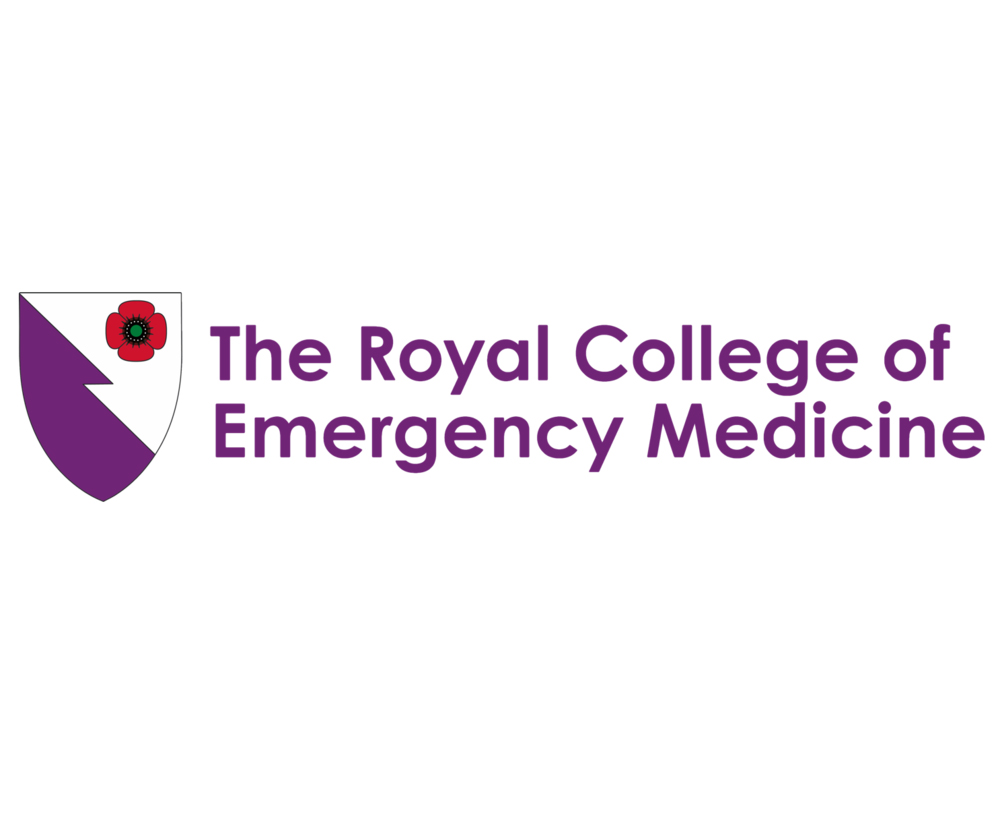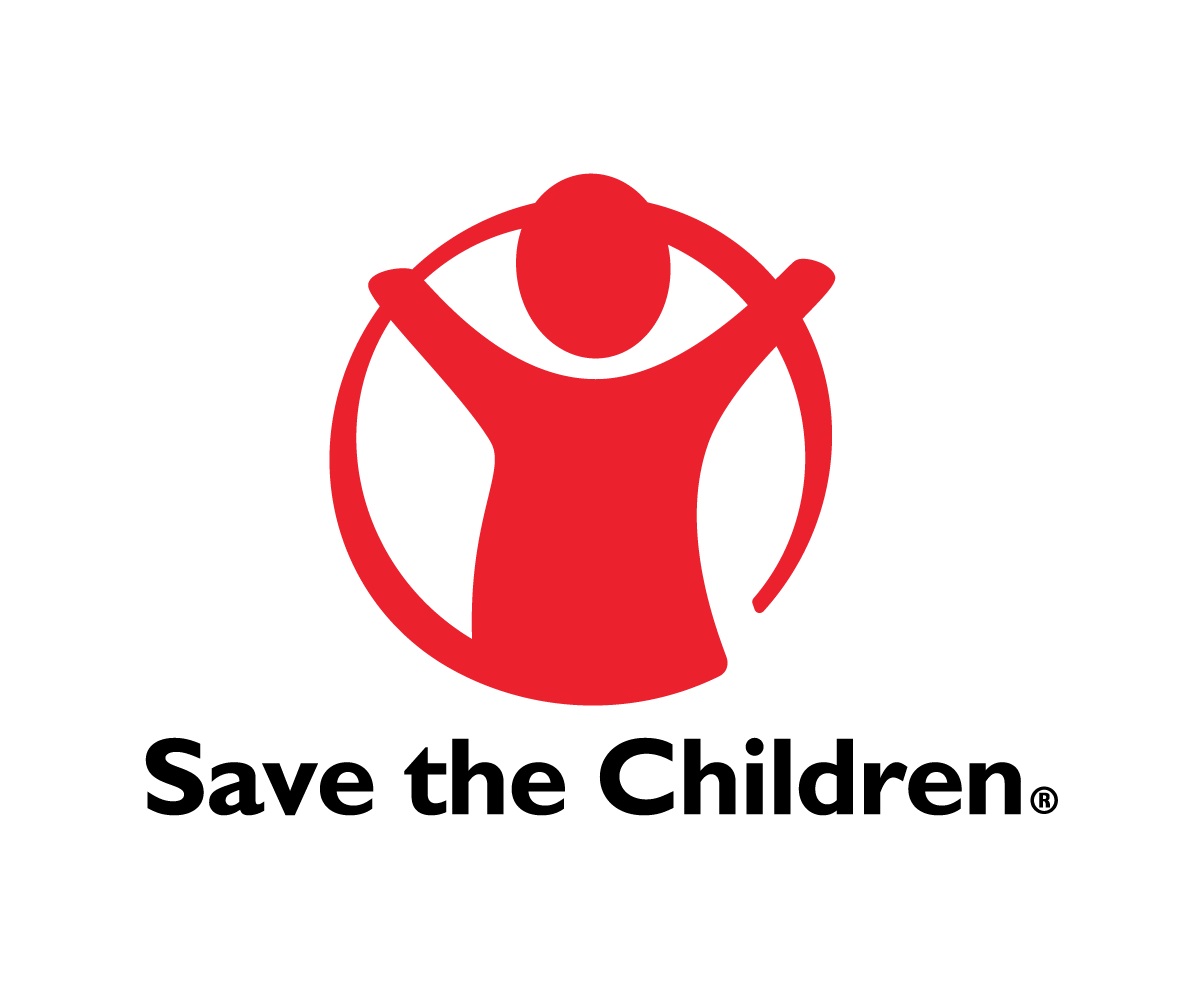How do you build a CRM strategy?
One of the many strengths of the NFP sector is that nonprofits have a clear commitment to specific goals, which is the cornerstone of a CRM startegy. CRM helps to deliver those goals by focusing on data, communications and accurate reporting.
-
Put people at the heart of your strategy
Effective CRM strategies for NFPs start by prioritising donors, members, staff and volunteers. By setting out important interactions with your constituents, you can keep funds flowing and build long-lasting engagement.
-
Manage your data accurately
Is your data on one database, or is it spread across different systems such as finance, email and events? Is it up to date, with the right contact details and permissions? Successful CRM strategies depend on data integrity and accessibility.
-
Let CRM technology take the strain
The right CRM technology makes organisations simpler, faster and more productive. Automated programmes can increase engagement and donations, and timely reports help produce results.
Putting CRM at the heart of your organisation
Is your CRM right for your mission?
Nonprofits are strong at defining their mission, and maintaining a rallying point for all involved. CRM strategy needs to meet the needs of all your constituents including individual donors, grant givers, private and corporate members, subscribers, staff, volunteers and partners. Your CRM needs to embrace interactions across the board and to record the results. The wide range of data needs to be marshalled in actionable reports which can drive your organisation forward. Reports don’t need to be complex, but they do need to give you the information you need for success.
Improve processes
MAST consultants are not only technology experts. With backgrounds in a wide range of non-profit organisations, they are also experienced in optimising the way NFPs work. Key considerations are the breaking down of silos, and identifying procedures which are no longer productive. We are collaborative and work in partnership with client teams before advising on changes. As a result, we understand sticking points and issues, and we help to overcome resistance to change. The result? More efficiency and more buy-in from staff and volunteers.
Find a CRM solution that’s right for your needs
There are multiple CRM solutions currently on the market, with suppliers ranging from small businesses to global enterprises. The choices keep growing, and the options in a sense get more and more complex. That’s where MAST’s experience and knowledge comes in. We continually monitor developments in CRM for NFPs, and have close relationships with key providers. Unlike many consultancies, we are also proudly independent and only recommend systems which are best suited to our clients’ needs, budgets and resources.
Deliver more for beneficiaries and members
Ultimately your CRM strategy needs to benefit the people and organisations served by your organisation. The drive and inspiration behind your mission is a constant, but developing your CRM strategy can enable you to deliver those benefits more efficiently. Your KPIs stand to improve, whether it’s the donor retention rate, cost per £ raised, year-on-year growth or any other key indicator. KPIs can also measure the impact of your CRM strategy, and help to build the business case for further development.
Checklist for building a CRM strategy
First steps
- Commit to using internal resources only for your CRM strategy, or select a consultancy which will add value
- Ensure your mission is understood across your organisation
- Identify the data you need to deliver your mission
- Review activities you need to carry out
- Ascertain the reports and KPIs required to monitor performance and drive actions
- Review your current data
- Make a list of snagging points and data that is difficult or impossible to access
- Review processes where effort is duplicated
Scoping
- Build a full requirements list for your CRM covering essential and desired improvements
- Identify budget and resource constraints
- Does the system need to be easy to use for non-technical staff?
- What functions can be automated?
- Map out roles and responsibilities
- Define who needs access to the CRM system and when they need it
- Specify a Cloud-based or local server solution
- List types of hardware which can Access the system (including mobile and laptops)
- Scope benefits achievable
- Consider future needs of the organisation
Implementation
- Integrate with other programmes
- Produce fast, accurate dashboards and reports
- Review availability of latest versions and upgrades
- List training and support needs, current and future
- Periodically review your CRM system and keep improving it
